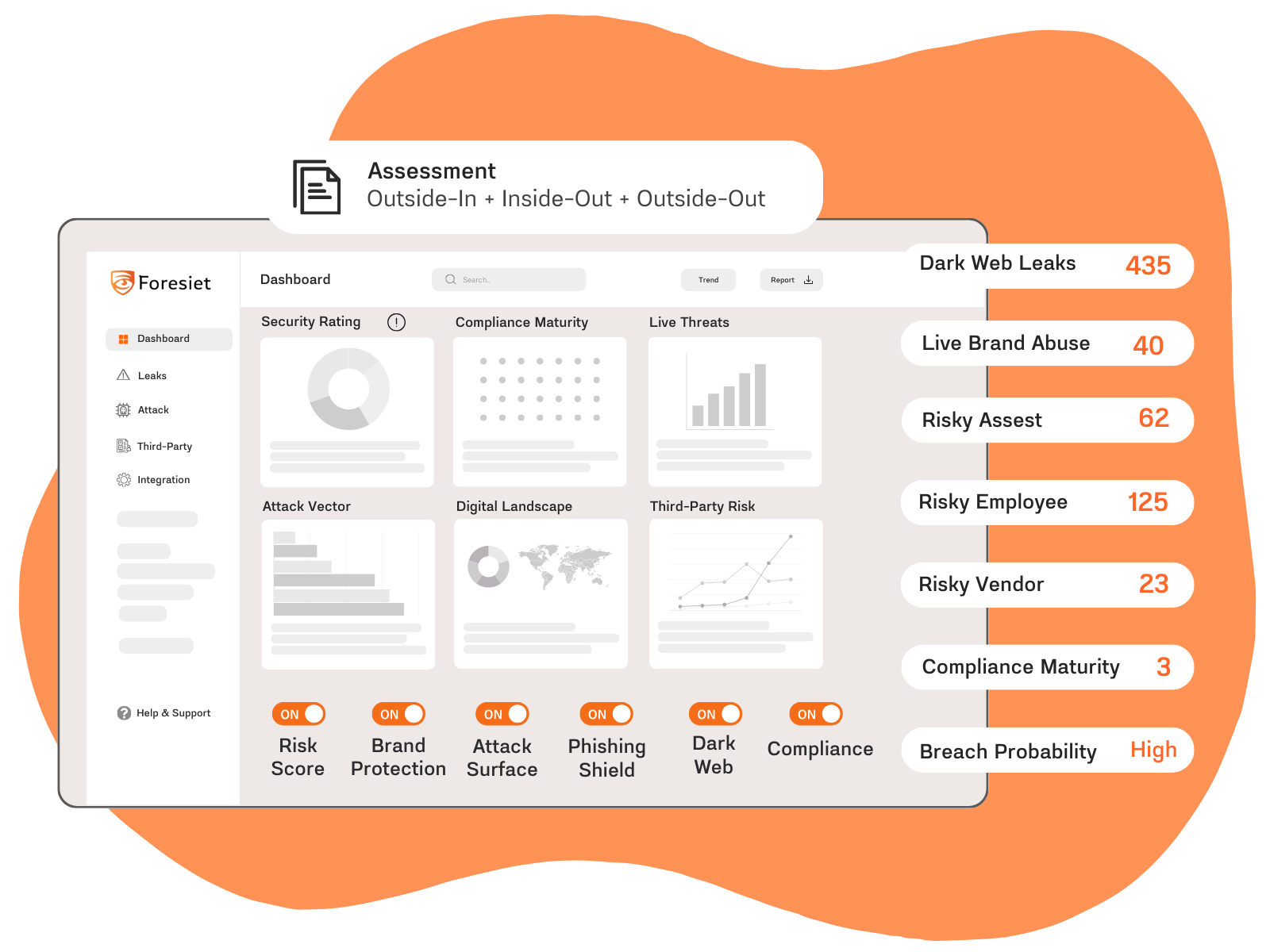Emerging Threat: Attackers Target Check Point VPNs to Breach Corporate Networks

In the ever-evolving landscape of cybersecurity, the tools designed to protect us can sometimes become our greatest vulnerabilities. This paradox is becoming evident as attackers increasingly target Check Point VPNs, exploiting them to gain initial access to corporate networks. Recent findings highlight a growing trend where cybercriminals are leveraging vulnerabilities in remote access VPNs, posing a significant risk to organizational security.
The Vulnerability in Check Point VPNs
Check Point researchers have identified an information disclosure vulnerability (CVE-2024-24919) in their security gateways with remote or mobile access enabled. This discovery, made on May 28, underscores a critical weakness in the protection of corporate networks. Although there have been only a few attempts to exploit this vulnerability in the wild, the implications are serious enough to warrant immediate attention.
Why Remote Access VPNs are Attractive Targets
OUnlike traditional VPNs that route internet traffic through shared servers to conceal online activities, remote access VPNs provide secure access to specific networks for designated individuals. This feature is indispensable for remote workers needing access to their employer's internal resources. However, it also presents an opportunity for malicious actors. By leveraging remote access VPNs, attackers can bypass conventional security measures, gaining clean and unfettered access to an organization's IT environment. From there, they can establish persistence, probe for further vulnerabilities, and potentially cause significant damage.
How Attackers Gain Access
The primary method attackers use to gain access to VPN connections is through insufficiently protected accounts. Check Point's investigation revealed that attackers often leverage old VPN accounts secured only by a single password. These accounts, if not adequately monitored or disabled, become easy targets.
Protecting Your Remote Access VPNs
To mitigate these risks, organizations must move beyond simple password authentication. Check Point recommends requiring additional authentication checks. Jason Soroko, Senior Vice President of Product at Sectigo, emphasizes the inadequacy of username and password authentication. "Passwords are insecure and inefficient," he notes, advocating for certificate-based authentication. This method uses a nearly impossible-to-guess secret, providing a stronger security measure without the drawbacks of passwords.
Transitioning to Zero Trust Network Access (ZTNA)
Some experts suggest that the best long-term solution is to transition from legacy VPNs to Zero Trust Network Access (ZTNA) solutions. Venky Raju, Field CTO at ColorTokens, highlights several advantages of ZTNA over traditional VPNs. ZTNA solutions inherently limit user access using the principle of least privilege and integrate better with enterprise identity management systems. This integration reduces the risks associated with compromised passwords or misconfigurations.
Final Recommendations
Organizations should consult vendor documentation and advisories to remove unnecessary or unused features, implement strong authentication, and audit all existing default accounts. Establishing a robust patching process is also essential. Additionally, leveraging services such as phishing attack takedown, online risk evaluation, stolen credentials detection, and darknet monitoring services can significantly enhance security posture.
Conclusion
As the cybersecurity landscape continues to evolve, it is crucial for organizations to stay ahead of potential threats. Addressing vulnerabilities in remote access VPNs and adopting more secure authentication methods are vital steps. By transitioning to Zero Trust Network Access (ZTNA) solutions and leveraging advanced security services like phishing attack takedown, online risk evaluation, stolen credentials detection, and darknet monitoring services, companies can significantly enhance their defense mechanisms. In doing so, they will better protect their valuable data, maintain robust defenses against cyber-attacks, and ensure that their security measures remain effective in an ever-changing threat environment.
About Foresiet!
Foresiet is the pioneering force in digital security solutions, offering the first integrated Digital Risk Protection SaaS platform. With 24x7x365 dark web monitoring and proactive threat intelligence, Foresiet safeguards against data breaches and intellectual property theft. Our robust suite includes brand protection, takedown services, and supply chain assessment, enhancing your organization's defense mechanisms. Attack surface management is a key component of our approach, ensuring comprehensive protection across all vulnerable points. Compliance is assured through adherence to ISO27001, NIST, GDPR, PCI, SOX, HIPAA, SAMA, CITC, and Third Party regulations. Additionally, our advanced antiphishing shield provides unparalleled protection against malicious emails. Trust Foresiet to empower your organization to navigate the digital landscape securely and confidently.
Protect your brand, reputation, data, and systems with Foresiet's Integrated Digital Risk Platform. 24/7/365 threat monitoring for total peace of mind.


July 10, 2025, 9 a.m.
